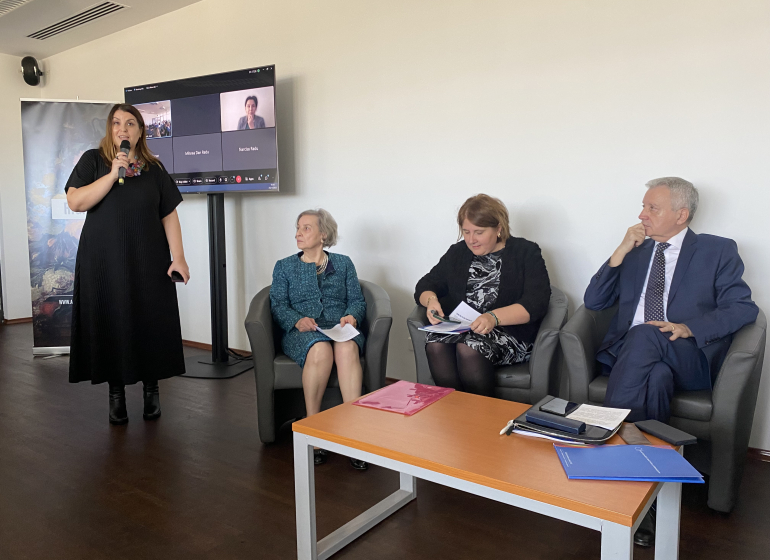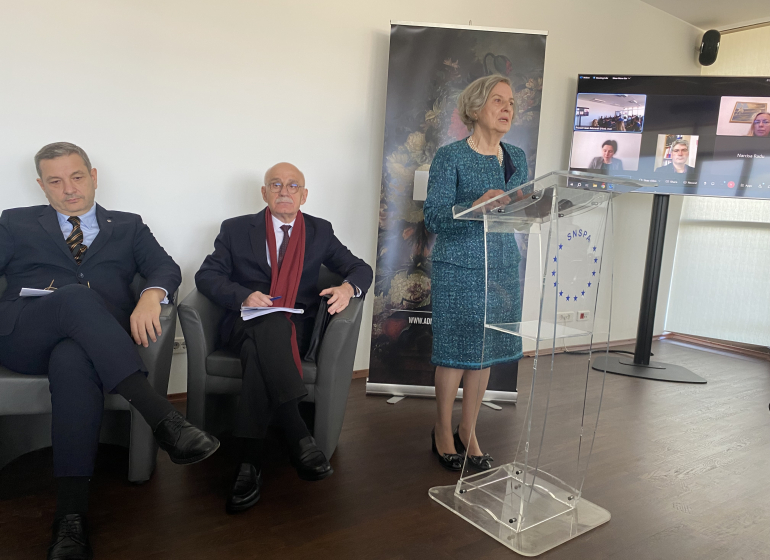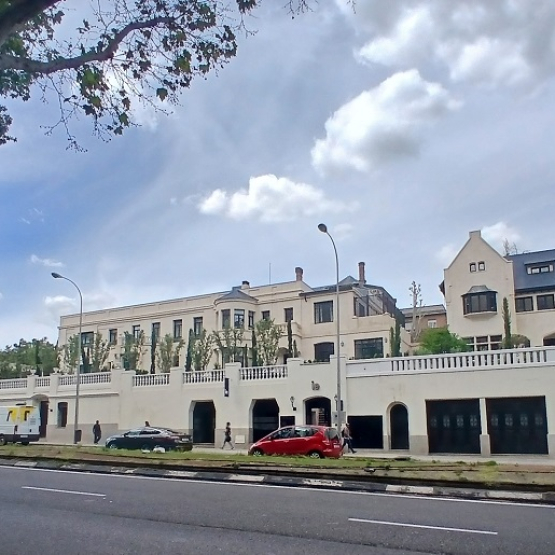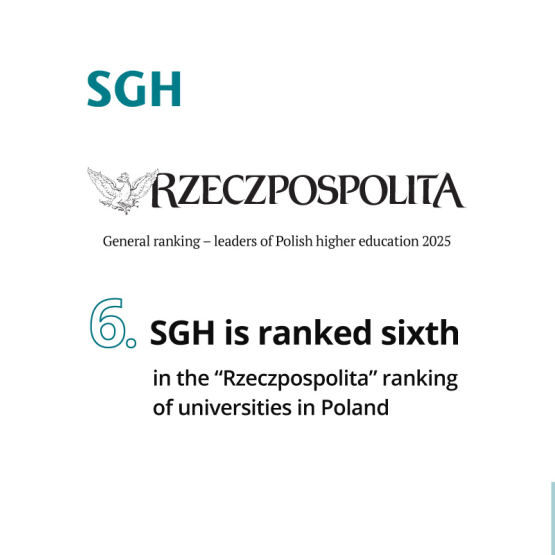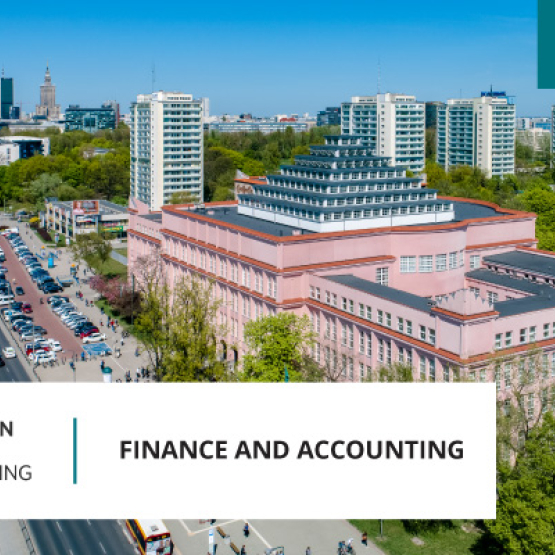Tomasz Grzybowski, PhD, talks about his CIVICA faculty visit at SNSPA in Romania
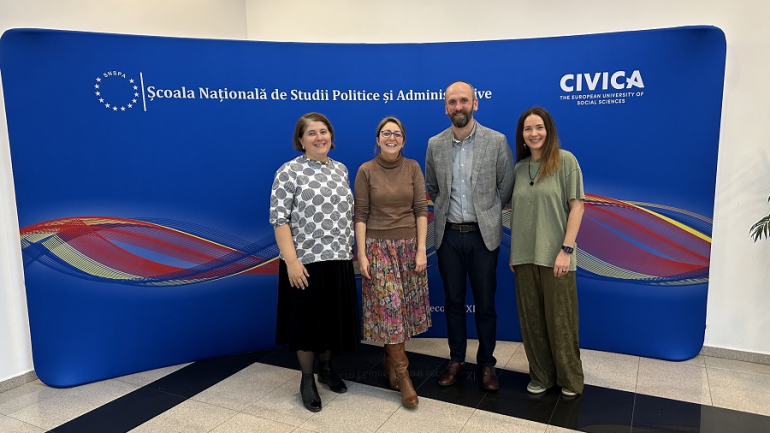
Tomasz Grzybowski, PhD, assistant professor at the Department for European Integration and Legal Studies, SGH Warsaw School of Economics, spent five days at the National School of Political and Administrative Studies (SNSPA) thanks to a short-term fellowship funded by CIVICA. The European University Alliance CIVICA involves ten leading universities in Europe, including both the SGH and the SNSPA.
Gazeta SGH: Could you tell us about your CIVICA faculty visit at the National School of Political and Administrative Studies? Why did you want to go to SNSPA?
Tomasz Grzybowski: The purpose of my visit was to draw potential shared research areas concerning comparative studies on effective judicial control of public administration. Since I am also a practitioner (an administrative judge), these kinds of topics are especially interesting to me.
Let’s remember that art. 2 of the Treaty on European Union provides among others, that the EU is founded on the values of respect for the rule of law. Hence, compliance with the law, especially in the context of the activities of public administration, is the foundation for the EU. It is therefore crucial also for the functioning member states economies as well as the EU internal market. Therefore it is of fundamental importance to provide systemic solutions for the lawful functioning of public authorities. An effective administrative judiciary is a condition sine qua non for this.
Romania, like Poland, is a post-communist state that is assimilating the acquis communautaire as a relatively new member of the EU. So in a sense, Poland and Romania find themselves at the same historical moment, grappling with similar challenges related to embarking on the path of European integration. Secondly, SNSPA primarily addresses issues related to public administration and also fundamental rights in this context. That's why I thought it's a good place to discuss possible optimal solutions for enhancing the efficiency of public administration control and preventing abuses of power.
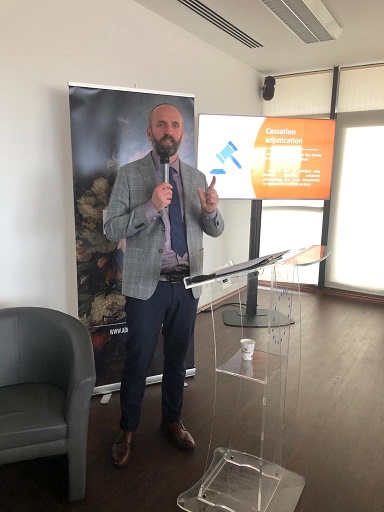
What did you do during your visit?
During my visit I had the opportunity to interact with SNSPA professors, meet students at the university and had the pleasure of conducting several very interesting conversations, including discussions with colleagues regarding their ongoing research. We exchanged observations regarding differences in our legal systems and also a series of more general insights related to the convergence of legal cultures in the EU, the rule of law, protection of human rights or the future of the European Union and even Artificial Intelligence. However, particularly interesting for both parties was the issue of safeguarding fundamental rights. I was also invited to participate in the conference titled ‘10th Annual International Conference on Law and Administrative Justice from an Interdisciplinary Perspective’, and I had the pleasure of presenting a paper titled ‘Models of judicial control of public administration and its effectiveness’. So it was a very productive week and unique experience for me.
What are your main takeaways from your CIVICA faculty visit?
Thanks to this experience, I established direct connections with representatives from the legal and economic sciences at SNSPA. The result is the announcement of further collaboration within academic exchange, as well as the organization of joint conferences and scientific projects. Moreover, I feel that both sides were not only interested in the academic capital we have to offer but also genuinely enjoyed each other's company. So this was a refreshing experience. I will definitely encourage my colleagues in the SGH Warsaw School of Economics applying for a CIVICA Faculty Short Visit. I know that some of them have already been drafted for the second call for these visits.
What are your thoughts on CIVICA?
Mobility activities like this one enable academics to collaborate with colleagues in person, which greatly aids progress of academic endeavors. These short-term visits offer invaluable experiences that should be actively promoted. CIVIVA project fosters learning, research, and training across both faculty and students of the universities that are members of the consortium. It also bring awareness to us, that although we have different traditions and cultures, we share in Europe the same values and have similar views on the fundamental questions concerning our societies. United in diversity, as EU motto says.
Apply for the third call for CIVICA Faculty Short Visits until January 31, 2024
Meet eighteen scholars who joinen the second wave of CIVICA Faculty Short Visits
